Samara University and Freiberg University of Mining and Technology (Germany) will start a double degree program in the field of “Metallurgy” in the new academic year 2016/2017. Students of both universities will study a Master's Program of Samara University during a year and a Specialist’s Program in Freiberg University of Mining and Technology during another year. They will get diplomas of both universities upon graduation.
The new program pursues the aim to grow up a new generation of scientists who have a deep theoretical foundation, owning the most advanced technology and capable to interact with colleagues on a worldwide basis.
“Russia and Germany have long-standing traditions of cultural and scientific cooperation; it originates from the founding of the first Mining Institute in the days of Peter the Great. The new program is intended to activate the process of sharing knowledge and traditions to obtain a total growth in the end. We are organizing a kind of Embassy of the future”, - told Rudolph Cavalla, Vice-President for Research, Vice-Rector for Science of Freiberg University of Mining and Technology, sharing his vision of the project.
The quality of specialists training in the new program is emphasizeв by the students’ selection system. They must prove a deep knowledge in the metallurgy by foreign language fluency. It is German for Russian students and English for German students, because Samara University classes will be conducted in this language. In total, 10 persons will be enrolled to the course - five on each side every year.
“We intentionally don’t make this direction wide-scaled as we need quality other than quantity. This elitist direction and it has another teaching approach - support, guardianship and mentorship. It is actually an individual training,” – underlined Mikhail Khardin, Dean of Samara University Faculty of Engineering and Technology.
The study in the two prestigious universities offers students the possibility to be on the science frontline, participate in international research projects, discussions, share experiences, conduct experiments in the most advanced laboratories.
“Nobody can bring such a benefit to science, as a scientific exchange of ideas, opinions and technologies. We shall obtain rapid development and achieve impressive results only in cooperation, taking the best educational courses from each university. German system and Russian wealth of ideas is the future of science”, - considers Rudolph Cavalla.
From this point of view, the choice of the partner universities is specific. Freiberg University of Mining and Technology is one of the world leaders in the field of metallurgy. It is the world's oldest mining school and one of the first technical universities in Europe. Its history is connected with the names of M.V. Lomonosov and D.I. Mendeleev, with breakthrough and the latest technologies. The university is equipped with expensive unique equipment and the students receive a lot of practical experience thereon.
In turn, Samara University is also of great interest to European colleagues. The University development on light metals, aluminium and aluminium-based alloys, titanium alloys, which are conducted at the University since the time of KuAI-SSAU, have a great potential for industrial innovation.
“Our university certainly has a high level of creative ideas, scientific basis and it is well equipped. However, our researchers have much to learn from the Germans. First of all, it is a systematic approach, pedantry, competent organization of workspace and documents. They are fluent in writing scientific works and articles for the venerable scientific publications and teach us how to write and structure materials correctly. There is too much “Russian order” in our texts and our German colleagues help to get rid of it, to write clearly, specifically, to identify the most important things and emphasize the scientific novelty. In addition, you can’t fail to mention a strong theoretical and practical basis. The library of Freiberg University of Mining and Technology has got an access to the original sources dated by the XIX century. The production component is also impressive; I had the opportunity to work on a unique continuous rolling mill and many other sites. Globalization and the absence of barriers are for the benefit of researchers and science. Such training is a start in life, but in spite of the fact that I really liked Germany, I am going to stay working in Russia and will continue my activities in the home university”- shared Evgeniy Aryshenskiy, Samara University employee, studying in PhD Program of Freyberg University of Mining and Technology.
The new double degree program strengthens cooperation between Russian and German scientists. The next year, another event is planned, which will make this cooperation more fruitful.
“It is difficult to make a breakthrough in a closed system, and in the process of active cooperation - on the contrary. Recently we have received another proposal from Rudolf Cavalla to organize an international within the framework of preparation for the anniversary of the Department of Pressure Metal Treatment. It will take place on the basis of Samara University in July 2017. We shall be visited by guests from Freiberg and other cities in Germany, Austria, Poland, Belarus, Moscow academic organizations and universities, St. Petersburg, Krasnoyarsk, and Ufa. We have already received over 100 confirmations on participation. It will be a unique exchange of scientific experience”, - convinced Fedor Grechnikov, Head of Samara University Department, corresponding member of the Russian Academy of Sciences.
For reference
To date, there are five foreign universities acting as Samara University partners in the double degree program: University of Stuttgart, Germany (Master's Program for Aircraft Engines), University of Vigo, Spain (Master's Program on Radio Engineering), Lappeenranta University of Technology, Finland (Master’s Program on Mechatronics), Worcester Polytechnic Institute, USA (a PhD Program in Optics), Julius Maximilians University, Germany (Master's Program in Russian Language and Communication in the Professional Sphere).
Photo: Andrey Kiselev (Photo Club “Illuminator”)
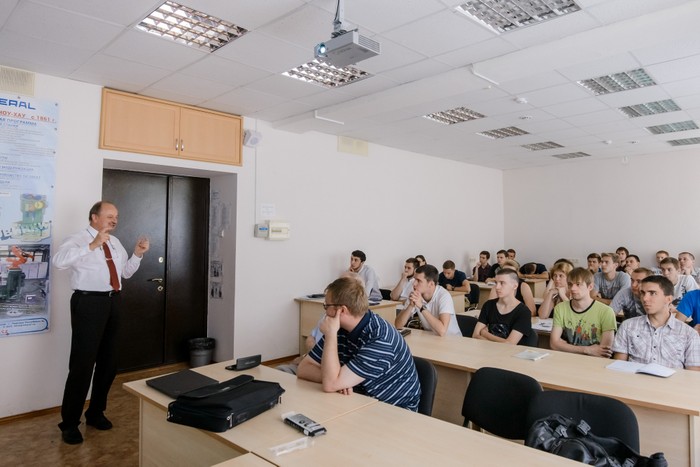
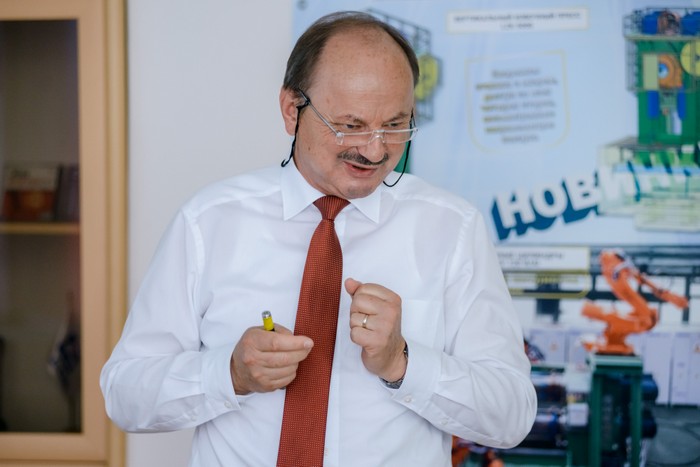
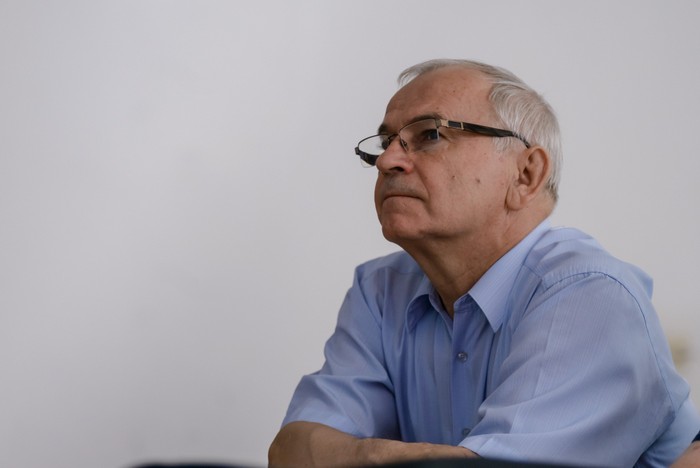
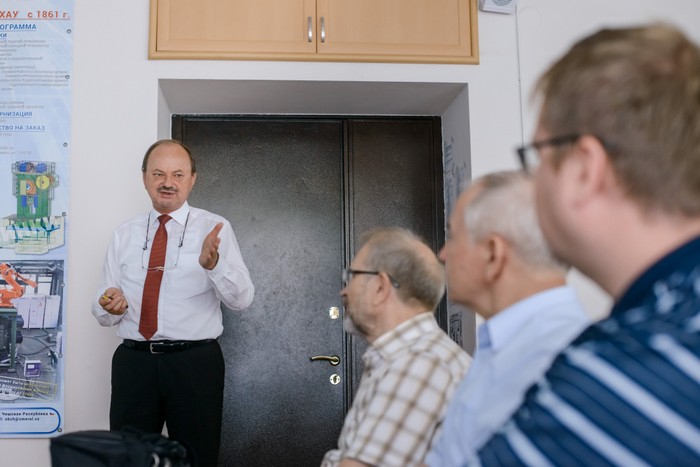
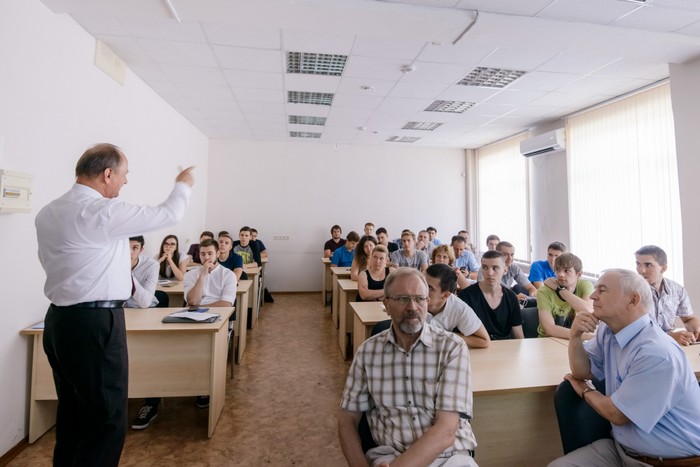
 RU
RU  EN
EN  CN
CN  ES
ES 